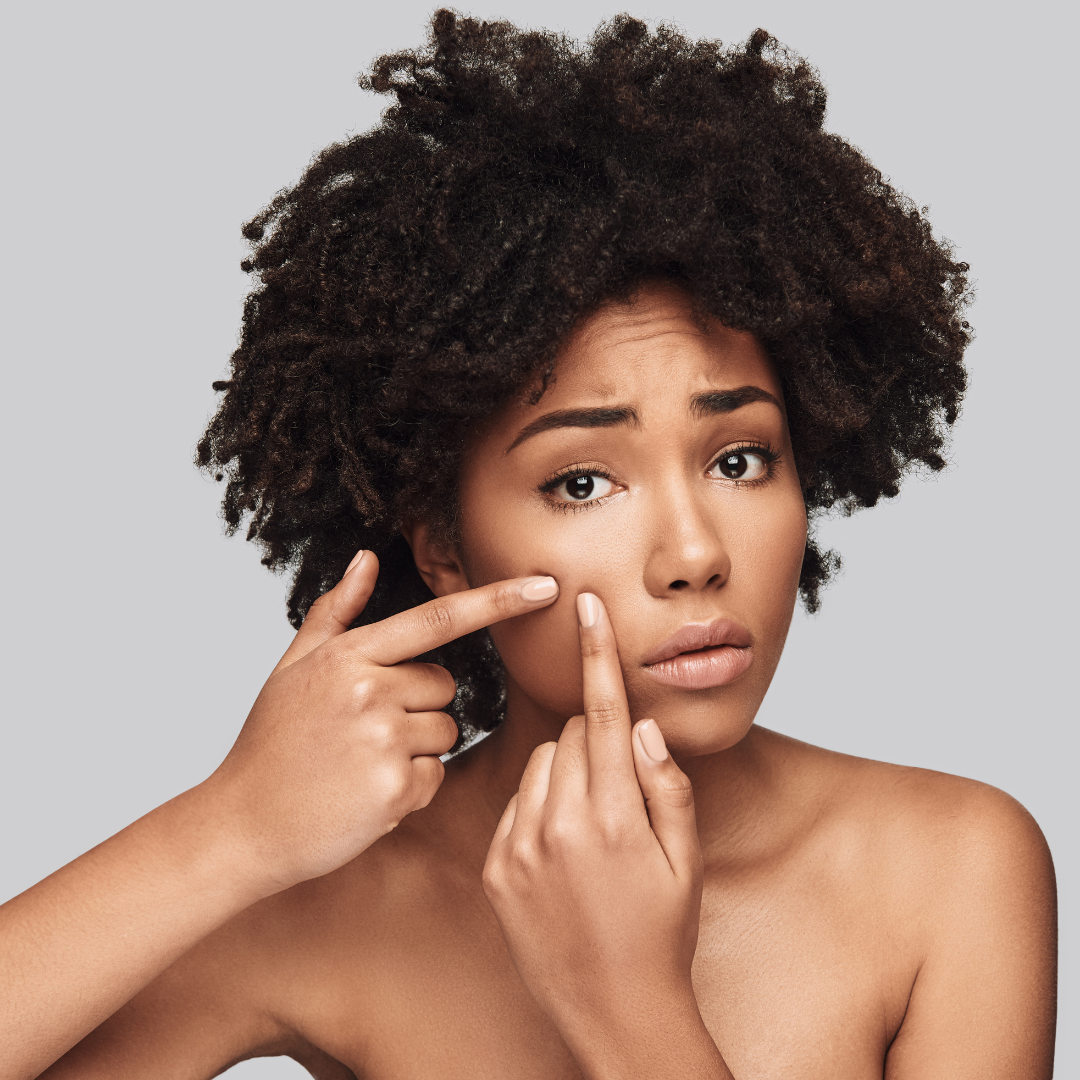Acne, or acne vulgaris, refers to a skin disease characterized by bumps, blackheads, pimples, red spots, whiteheads, and cysts. This skin condition occurs when pores become clogged, causing bacteria to multiply. The body tries to get rid of these bacteria by producing dead skin cells and oil, which clog the pores. According to the American Academy of Dermatology, acne is the most common skin condition in the United States, affecting 40 million adults and 80 million teenagers.
Acne can develop on the face, neck, chest, back, shoulders, arms, and legs. It can be painful, distressing, and frustrating for someone to go through. It is a condition that is not only connected to puberty but can also be due to adult hormones. The hormone called androgen is released when the sebaceous glands become overactive.
Acne can be distressing and negatively impact self-esteem. However, there are treatments available that can help. One way to unclog pores and reduce acne can be going for some gentle facial treatments in reliable spas (search online using phrases like “facial near me in McMurray, PA“). Extractions performed during facials can remove blackheads and whiteheads. Other services like microdermabrasion and chemical peels can reduce acne by gently resurfacing the skin to unclog pores. Outside of facial services, medications prescribed by a dermatologist are commonly used to treat acne as well. Topical creams with ingredients like retinoids, benzoyl peroxide, and salicylic acid can help unplug pores and kill acne-causing bacteria. For more severe cases, oral medications may be prescribed to regulate hormones and oil production.
Therefore, it is rather important to know what can cause acne and how people can get rid of it or at least improve the situation that they are in.
Acne is the bane of all teens’ existence, but adult acne is an entirely different beast. While it may take years before the acne and its spots clear up, the good news is that there are things they can do to help clear their skin, like using Peach Slices Acne Spot Dots (learn more on https://cleanwellness.com/peach-slices-acne-spot-dots.html) or similar other products. However, unless the root cause is addressed, new acne will likely keep appearing regardless of how effective the treatment methods are. To achieve this, one of the things you can do is change your diet.
If people are struggling with acne, they may wonder if their diet is to blame; after all, the foods they eat can have an effect on their skin. It may not be the main reason for producing acne, but it can worsen breakouts.
There are certain foods that can improve acne, while others could make acne worse. Diets high in processed and refined carbohydrates as well as saturated fats, for example, have been linked to acne in some people. This includes white bread, pasta, fast food, and chocolate. But, eating salmon, spinach, flaxseeds, and nuts, has the potential to reduce acne. So, it is important to take these into account and see where diet can be tweaked.
Individuals with high insulin resistance, also known as pre-diabetic, and those experiencing insulin resistance are more susceptible to breakouts due to blood sugar fluctuations that trigger inflammation in the skin. Adopting an anti-inflammatory diet for acne not only aids in managing skin issues but also contributes to overall health, offering tangible benefits. If you seek more insights into managing acne and the role of diet in addressing skin problems, exploring a dedicated dermatology blog can provide the necessary information.
To sum it up, diet and acne are intricately intertwined. A diet rich in fats and sugars will often cause acne, but a diet high in fruits, vegetables, fibers, and nutrients can banish breakouts. These foods improve digestion, which leads to clearer skin-and a better complexion.
When people have the right kind of diet for themselves and exercise daily, they will be able to fight their acne in a positive way, hopefully, calming it down to make them feel a lot better about how they look. Keeping your diet full of vegetables, fruits, and whole grains and eating plenty of lean meats and dairy will not only help with reducing acne but can also contribute to a healthier body overall. If someone is still having issues with their acne even with all the changes they have made, then they may want to speak to their doctor about taking some medications as well as what creams would be best, along with a change of diet, so they can attack it from all angles.

